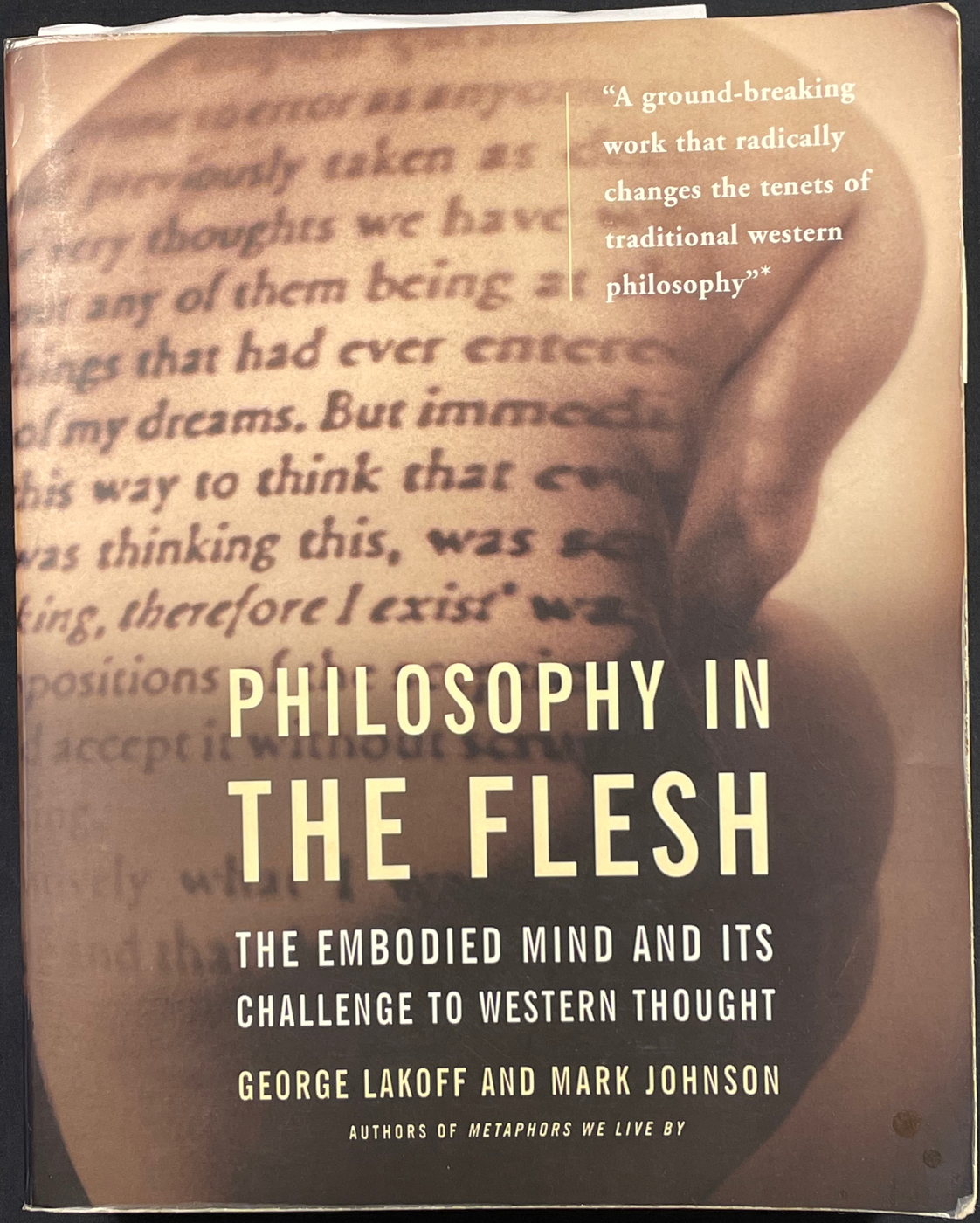Back to Basics 2.0: What happens in Vagueness Stays in Vagueness
Back to Basics is an intuitively obvious political trope in education and the central topic of the video below.
However, the political intuitions that drive the notion that delivering the 3Rs is the most basic function of K-12 schools too often runs afoul of the reality of human psychology.
There are decades of consistent evidence that most students and teachers are disengaged.
Either the school system fails to appreciate the role that engagement plays in learning or it does not care.
In either case a majority of students are having their educations diminished by the persistent pattern of disengagement.
Back to Basics and Science
|
Fortunately, there is a scientific explanation for both the role that engagement plays in learning and how schools are (inadvertently) creating the pattern of disengagement. Unfortunately, scientists do not have the political clout to enable schools to make the necessary policy changes to embrace the scientific truth as operational guidance. There is a hidden curriculum operating in the school system that preserves the status quo in spite of the best intentions of those who work in the system. Overcoming the limitations of the current hidden curriculum requires a paradigm shift. That is the topic of this video. Back to Basics 2.0 is a new way of thinking about education and schools. Join me, Don Berg, in a journey of discovery in which I will expose the current situation of schools and introduce you to a whole new reform agenda that is informed by innovations in the science of psychology as well as a respect for the traditions that can be preserved or adjusted to better educate our children. |
Links: Schooling for Holistic Equity book The Agentic Schools Manifesto book Behaviorism on the Holistic Equity Site |
Let’s give due respect to the Back to Basics tradition that set us the task of identifying the most fundamental factors for educating children.
But let’s also fulfill the ideals of our ancestors who foresaw that education has to be the key to citizenship.
Citizens who cannot spot their own delusions as a community are not going to be able to preserve their lives, their liberty, their property, nor their happiness.
To paraphrase Benjamin Franklin, citizens who trade their liberty for their security deserve neither.
In this instance I bring this up because Back to Basics 1.0 is overly focused on 3Rs as an educational fundamental.
I take the enthusiasts and defenders of the 3Rs and the teacher centric practices that have tended to follow from Back to Basics 1.0 to be equivalent to security.
Deliver those 3Rs at all costs, they argue, even if students and teachers become disengaged by that process.
Given what we have learned about the role of engagement in learning this is a foolish policy.
The problem that has plagued the reform movements that have reacted against Back to Basics 1.0 is that they were championing, in many cases, some form of “liberty” from that “security.”
They used equally vague terminology that was not properly grounded. They went to the opposite extreme with no systematic improvement in results.
Some kids benefited, some did not; from a systems level perspective all reforms have failed, no matter where they stood on the liberty/security continuum.
Today we have a more mature science of psychology that can ground our reforms.
However, fully embracing that scientific grounding will create and/or perpetuate a paradigm shift.
Watch the video to see how Back to Basics 2.0 fits into the current public conversations about the role of cell phones in the crisis of alienation from school.
Discover why schools today are like casinos and how we can do better.
In summary: Back to Basics is a powerful message because the idea behind focusing on “the basics” of schooling is intuitively obvious.
If the most rudimentary features of learning and teaching can be identified, we should be able to set up a system that provides at least that much benefit before moving on to the less basic, less important aspects.
The critically important question is, What counts as basic?
The three key principles of Back to Basics 2.0 as presented in The Agentic Schools Manifesto are:
One- Learning is facilitated by well-being,
Two- Educating children is about agency, and
Three- Schools must nurture their students.
The three core principles of Basics 2.0 start with: Learning is facilitated by wellbeing.
Educating children is about cultivating agency, not accumulating content knowledge, skills, nor information as appears to be assumed by the mainstream paradigm.
That all is included, obviously, but its not a core part of the educative process.
Schools must nurture their students, where nurturing means we're supporting their primary psychological needs.
We're supporting them in their relatedness, their autonomy, and their competence.
This article was printed from HolisticEquity.com


